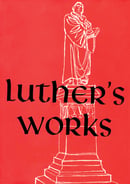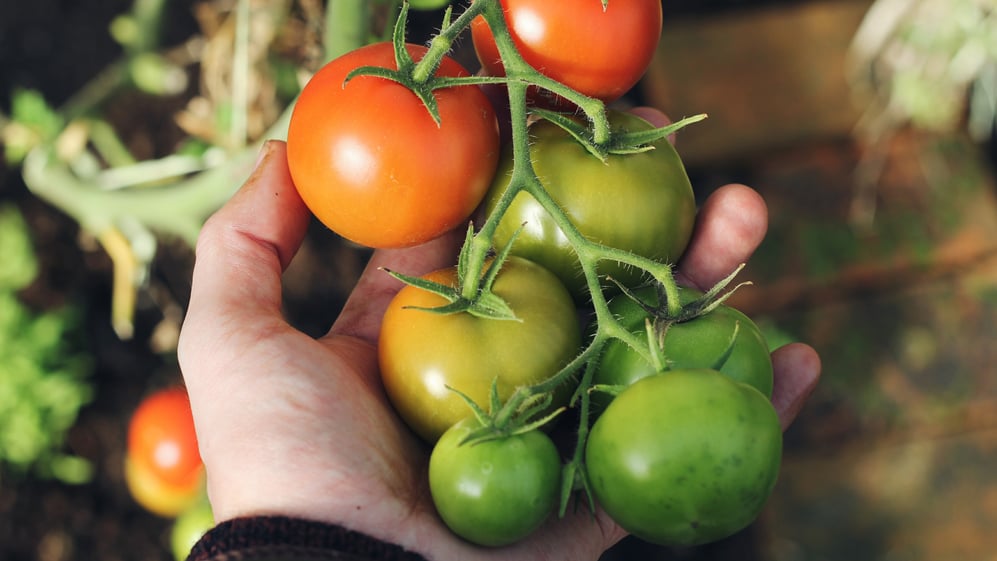With the onset of autumn comes the end of summer work at our house. One of our summer projects each year is growing tomatoes. We make every effort to create the ideal growing environment for them. We purchase large animal watering troughs that we fill with high-quality soil, water daily, fertilize, and trim off any dead fruit or branches. Nevertheless, we struggle with all the things that can go wrong with tomato crops: early blight, late blight, cat’s face, splitting, and the like. Despite all our efforts, the plants usually produce less than we desire.
A Disappointing Crop
Our Old Testament passage from the prophet Isaiah demonstrates that God had a similar experience with the people of Israel. Despite all of God’s love, protection, and provision, Israel produced less than He expected. Is there an application of this for Christians today?
Let me sing for my beloved my love song concerning his vineyard: My beloved had a vineyard on a very fertile hill. He dug it and cleared it of stones, and planted it with choice vines; he built a watchtower in the midst of it, and hewed out a wine vat in it; and he looked for it to yield grapes, but it yielded wild grapes. vv. 1–2
The vineyard is the nation of Israel. The very fertile hill is Jerusalem. The vineyard had every provision to produce well. Noteworthy is the watchtower, built to keep an eye out for hungry predators that would consume the fruit of the vine. Despite all of this, there are only wild grapes. Considering wild grapes, it’s important to understand that while some wild fruits are useful and pleasant tasting, wild grapes are not. This fruit stunk and was inedible.
Recall God’s relationship with the nation of Israel. The Almighty rescued them from enslavement in Egypt, delivered them from the Egyptian armies and through the Red Sea, provided for them through the desert sojourn in the form of water, manna, and quail, gave them His law at Mt. Sinai, and gifted them with the Promised Land. Even so, the nation’s “wild berries” amounted to wicked disobedience against its generous Caretaker: worship of idols, construction of temples in which to practice false religions, intermarriage with pagan men and women, violence, bloodshed, and murder. Israel had every advantage and still failed miserably.
And now, O inhabitants of Jerusalem and men of Judah, judge between me and my vineyard. What more was there to do for my vineyard, that I have not done in it? When I looked for it to yield grapes, why did it yield wild grapes? vv. 3–4
Wild Grapes in the Church
Christians use the term Church, capital C, to denote all Christians on earth and those sainted in heaven. As God provided for the nation of Israel, so has He given the Church all that is needed to produce sweet grapes. God has created the world and filled it with people, redeemed the world from sin, death, and the power of the Devil through the work of His Son, Jesus Christ, and gathered sinners into it through the sanctifying work of the Holy Spirit through Word and Sacrament, namely, Holy Baptism and the Lord’s Supper. But sadly, like the vineyard, the Christian Church often yields wild grapes—sin, lukewarm love for the Lord, disinterest in worship, flagging outreach to the lost, watering-down of doctrine, and the like.
And now I will tell you what I will do to my vineyard. I will remove its hedge, and it shall be devoured; I will break down its wall, and it shall be trampled down. I will make it a waste; it shall not be pruned or hoed, and briers and thorns shall grow up; I will also command the clouds that they rain no rain upon it. For the vineyard of the LORD of hosts is the house of Israel, and the men of Judah are his pleasant planting; and he looked for justice, but behold, bloodshed; for righteousness, but behold, an outcry! vv. 5–7
The Bible tells us of God’s punishment for the wild grapes of the nation of Israel. The northern kingdom was assailed and conquered by Assyria from the north, and, eventually, the southern kingdom was conquered and exiled by Babylon. What about the church today? We can observe multiple denominations plagued with false doctrine, melding with the teachings of the sinful world.
God draws a distinction between the good grapes, that is, true believers, and the unbelievers in their midst, the bad grapes. We believe in the holy Christian Church—that is, the full number of believers who cling to Jesus Christ crucified for the forgiveness of their sins—even though in our local congregations there may well be unbelievers mixed in with the true believers. That is how it was in the Old Testament as well. There was a remnant of true believers mixed in with the unbelievers in the nation of Israel.
God's Unwavering Care
Nevertheless, the Lord is faithful. Like the unfailing watering of the gardener, the Lord of the Church nourishes her with His Word and Sacraments. The Word is read, studied, sung, and preached; convicting of sin and comforting with the Good News of salvation in Jesus Christ. The Master Gardener continues to feed us with His very body and blood given and shed on the cross for the forgiveness of sins. Our comfort in a world of wild grapes is knowing that the Lord will use His Means of Grace to redeem the Church to be all that He intends. In heaven there will be no wild grapes, no sin, and no death. I may even have a full crop of large, ripe tomatoes.
Scripture: ESV®.
 Read Luther’s lectures on Isaiah, chapters 1–39 in Luther’s Works Volume 16.
Read Luther’s lectures on Isaiah, chapters 1–39 in Luther’s Works Volume 16.












